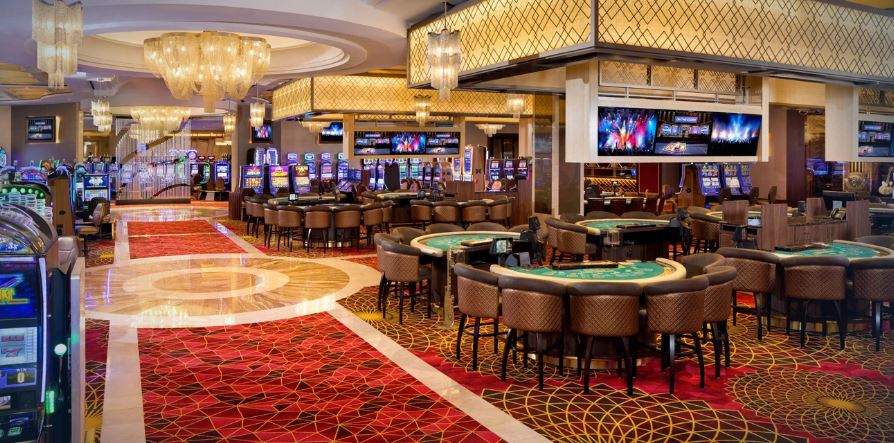The legalization of internet casinos and gambling may be on the horizon for Thailand. With this decision, the nation might be able to compete with some of the greatest gambling hubs in the globe, like Las Vegas and Macau.
The action is being taken as the nation aims to revitalize the tourism industry, which has been severely impacted since the outbreak.
While some Thai gamblers have been using online casino sites to satisfy their urge to play by obtaining casino bonus codes similar to those found at 365, lawmakers in Thailand only approved a report in January that would make the possibility of constructing a casino resort complex in Bangkok very real.

Given that the nation recently legalized cannabis, which created quite a stir among the populace, this is a brave move. However, the perception is that Thailand believed it was missing out on the huge gambling-related investments made by other Asian nations. There is a perception that Thailand aims to diversify its tourism industry into new fields, one of which being the multibillion dollar gaming sector.
Asia’s Resorts Market
Asia as a whole has a growing resort industry, with Macau being the most popular destination. However, Chinese restrictions has caused the hotspot to lose its appeal, leaving a void in the market that has drawn travelers to other locations, one of which may be Thailand.

History of gambling in Thailand
The present gambling legislation in Thailand went into effect in 1935. This outlaws the majority of the many types of betting that are prevalent in many nations, but it does provide the government the authority to grant specific permits for particular locations and/or activities. However, this rule has recently come under question, with one of the vice-chairmen of a government group claiming that Thailand is losing out on over $11 billion in tax revenue by forbidding gambling.
A lot of well-known gaming companies, including the Genting Group and Caesars, might invest in the region as a result of the legislative reform. If the legislation were to alter, this would be accomplished through tight licensing.
Japan is most likely the closest illustration of how gaming laws have changed. They altered the laws about six years ago, and since then, they have served as a shining example of how time-consuming and difficult—yet also lucrative—changing national laws can be.
The Thailand Plans
Around the country, up to five distinct casino resort locations have been determined to be possible. These include Greater Bangkok, Phang-nga, Phuket, Krabi, Chiang Rai, Chiang Mai, and Pattaya City, all of which have potential.
Five different resorts may seem a bit excessive to some, but one is located in the largest tourist attraction of the nation, while the others are in places that receive a lot of visitors.
Phuket has made no secret of its desire to participate in the resort casino scheme. The hoteliers association has indicated that because Phuket is a popular tourist destination, it would make a strong contender for a resort. The resort’s income would also be crucial for providing some of the much-needed financial support Phuket’s government infrastructure requires.
The Gambling Risks That Could Arise in Thailand
Approving gambling and these casino resorts has dangers, as do any significant developments and regulatory reforms in any country.
The time it will take before the nation starts to receive money from the resorts is currently a significant concern. It may take years or maybe a decade for the plans to fully materialize because legislative changes take a long time to become effective. Planning, obtaining authorization, construction, and marketing campaigns are all necessary even after the regulations change.
But if the concept succeeds, that will be the biggest risk. After all is said and done, it remains to be seen if tourists and serious gamblers will consider Thailand to be a desirable location for visiting casinos. Time will only tell!




